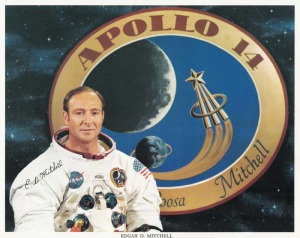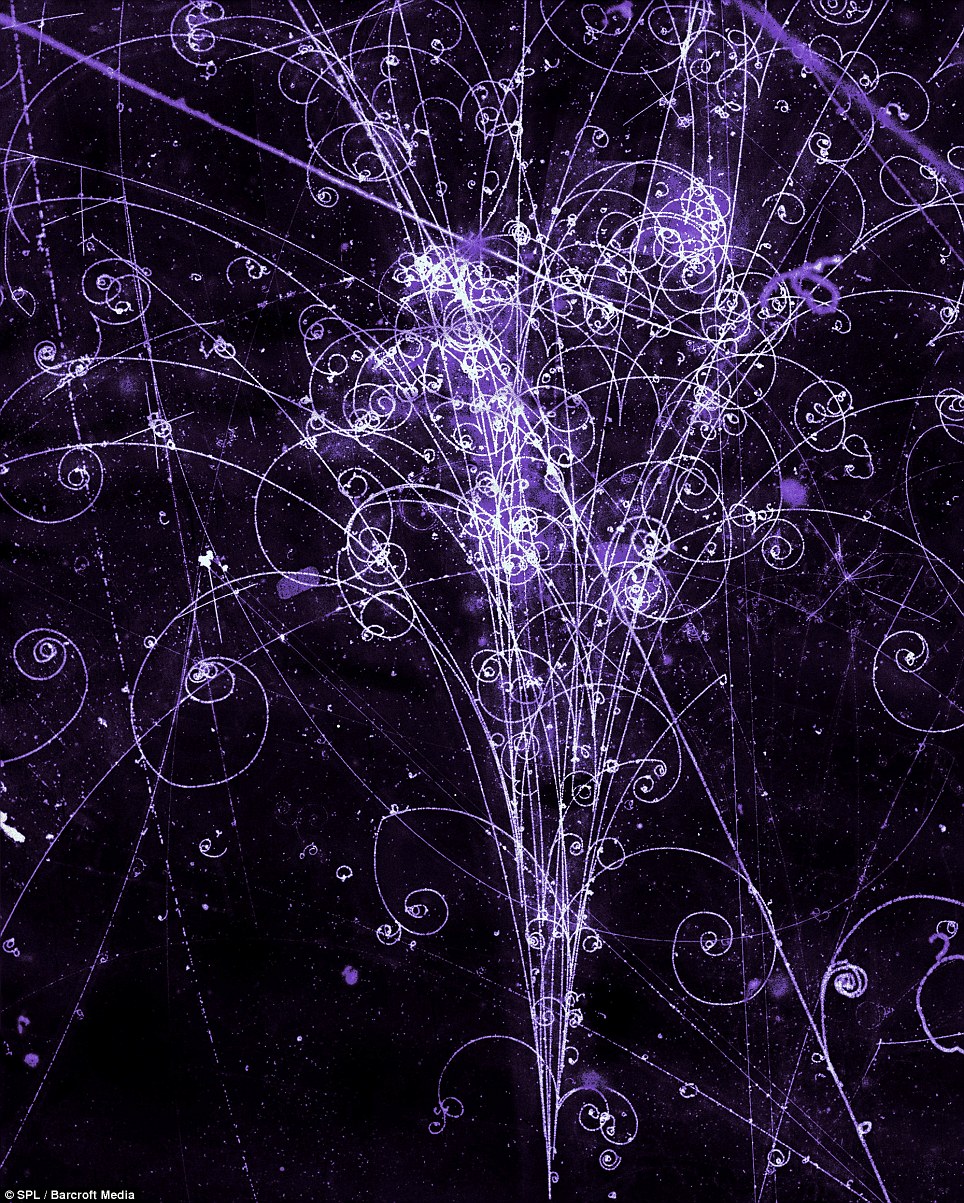I was introduced to the works of Alan Watts by a meditation teacher about three years ago. Since then, I have been interested in mysticism, cognition, Buddhism, and scientism. Don’t ask me why, but these subjects just captivate me. I have been reading the works of various authors such as Douglas Hofstadter, Thich Nhat Hanh, Joseph Campbell, Stuart Kauffman, Francisco Varela, and Jiddu Krishnamurti; but what am I trying to learn; WHY?
Category: Douglas Hofstadter (Page 1 of 2)
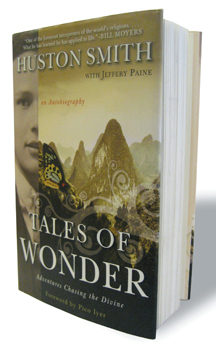
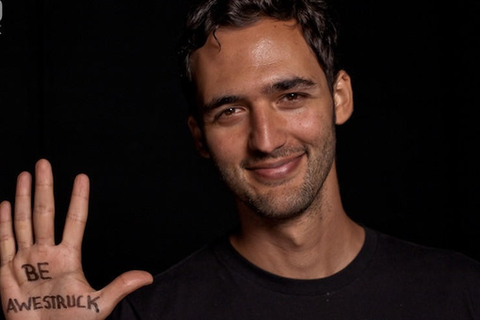
Jason Silva creates some incredible philosophical videos. He is noted for reiterating Timothy Leary’s description of the computer and internet as the LSD of the 90’s. And his short clips are intended to be such a psychedelic experience. Really great; as most of them are based on many of the books and ideas posted in this blog. Be sure to watch his videos:
Here is Jason Silva’s film rendition of the strange loop from Hofstadter’s Godel, Escher, Bach.
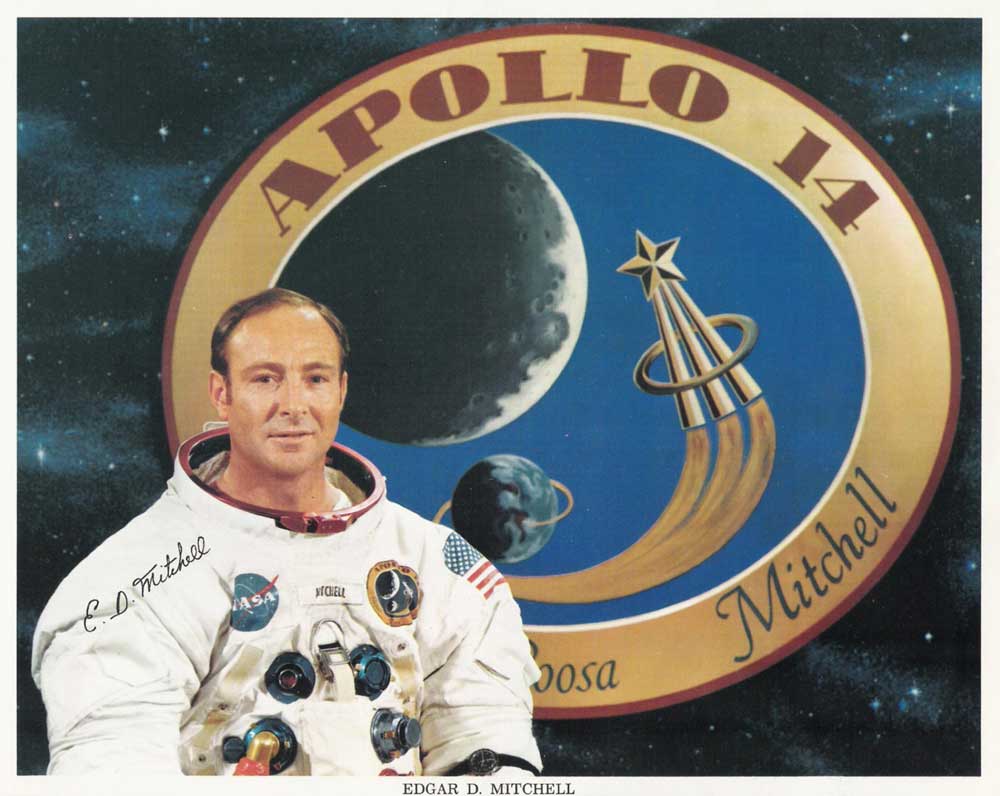
After reading Edward O. Wilson‘s On Human Nature, several opinions and ideas formed; I think the spiritual and universal awareness/wisdom of humans follows a distribution function (perhaps Gaussian). In other words all humans are not born with the same potential to be aware of deeper concepts and principles. Some individuals are not able to comprehend universal ideas and principles of life; while others are deeply in tune with the essence of the universe. This awareness would seem to be genetic. I say that because there have been people in all cultures throughout history who have possessed such spiritual and universal wisdom. Also, no amount of cultural teaching will allow one to obtain such wisdom. We are simply born with a high potential or low potential and this expresses itself naturally.
Thus, there is not an object equally inherited by all humans which we could call a “soul” or consciousness. Individual humans are conscious or aware of the universe in varying degrees. This is related to the origin of consciousness. Was there an Adam, i.e. a first human who was conscious? Have organisms always been conscious to a certain degree, depending on various factors? Could we consider the universe itself conscious? Interesting ideas. I would suggest reading Douglas Hofstadter‘s book about strange loops and other books on consciousness here.
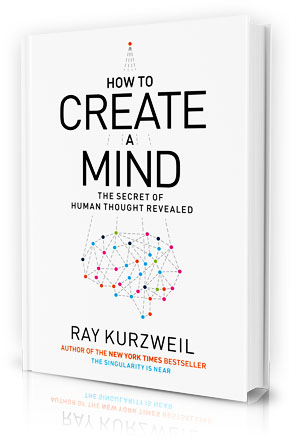
I think one of the next books I read will be Ray Kurzweil’s How to Create a Mind: The Secret of Human Thought Revealed. The book was recently published and Kurzweil has been known to produce some interesting ideas. In fact, I am planning to read a few of his other books as well.



